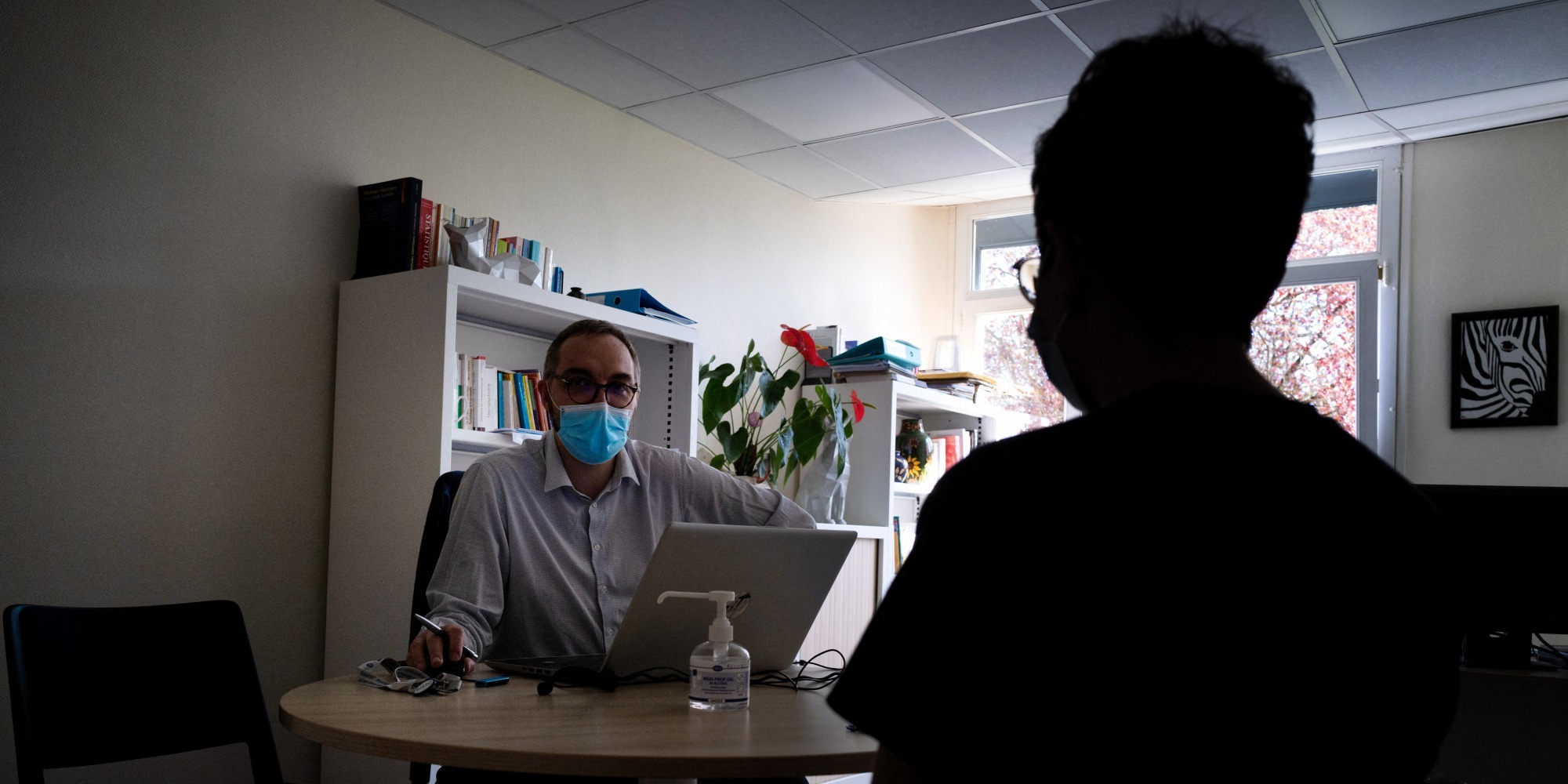Ellissar Mokadim, edited by Philippe Folgado // Photo credit: JEFF PACHOUD / AFP
Who says November, says “Movember”, the month of awareness of male diseases. Important initiative since men go to the doctor less than women, to the detriment of their deteriorating health. According to INSEE, 88% of women had, in 2019, consulted a general practitioner for less than a year, compared to 80% of men.
The month of November is Male Disease Awareness Month, better known as Movember. Many men refuse to see a doctor to the detriment of their health which eventually deteriorates. In 2019, 80% of men had consulted a general practitioner for less than a year, compared to 88% of women. The percentage is even lower when it comes to a specialist doctor.
“We’re also a little too lazy to go to the doctor”
According to the INSEE survey, almost one in two men have not been there for a year. This is the case of Alain, 58, who has only consulted three specialists in his life: “when things are going well, we don’t worry and we don’t do prevention. We’re also a little lazy to ‘go to the doctor and as long as things are going well, we put off the deadline until the day we say to ourselves that it’s time to do something.’
Unlike men, women are used to seeing a doctor since they are young, especially the gynecologist. “Men’s health is a real taboo,” believes Benjamin Pradère, member of the French Association of Urology. “They don’t like to talk about male pathologies because they affect men who prefer to keep it to themselves and they don’t dare to go for a consultation.”
This has the consequence that therapeutic management “will be more difficult than when diseases are caught earlier”. As a result, regrets the doctor, the life expectancy of men can be affected by this lack of prevention.
